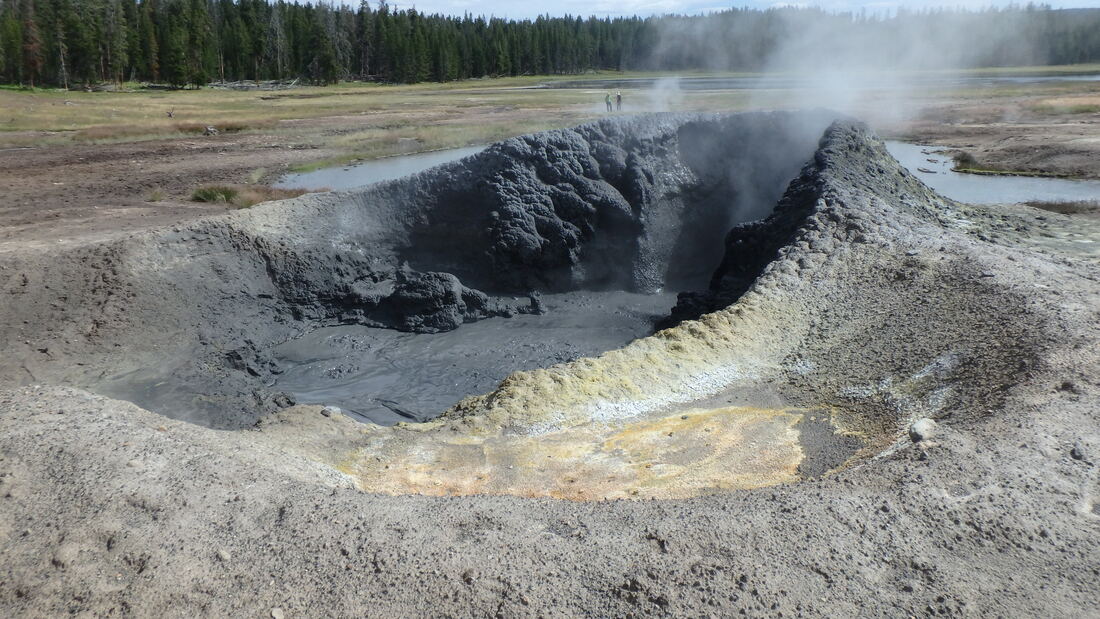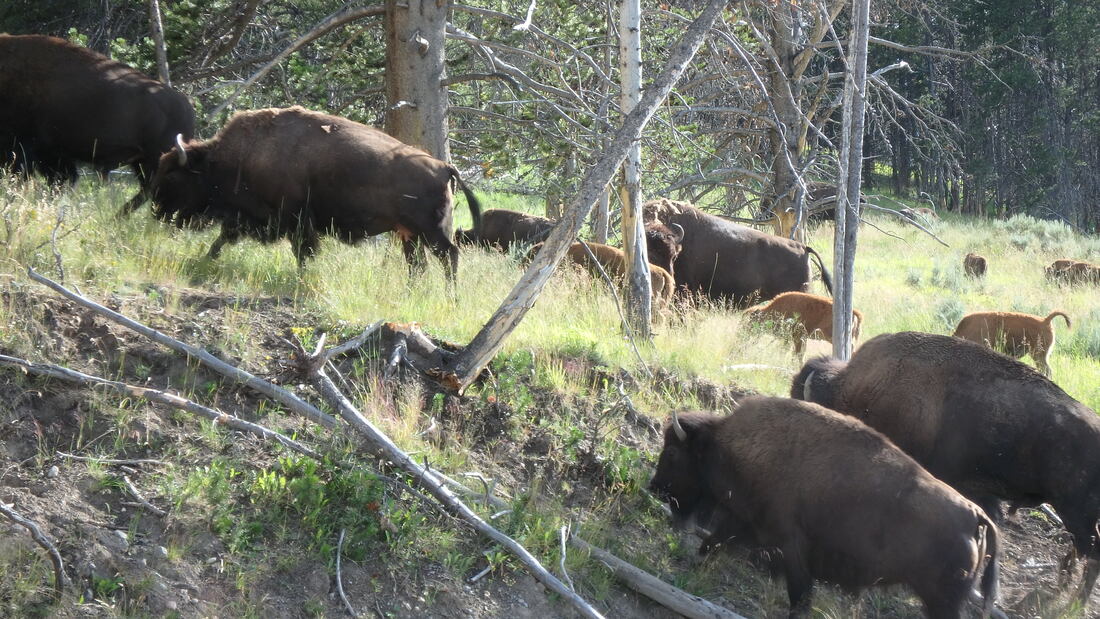A Personal Note on Yellowstone Caldera
|
Photo credit: H. Shamloo & J. Shaffer
|
Worried it's going to blow? No need for panic, here are a few things to keep in mind:
Entry last updated October 2019 |


